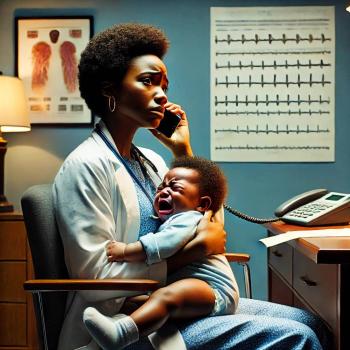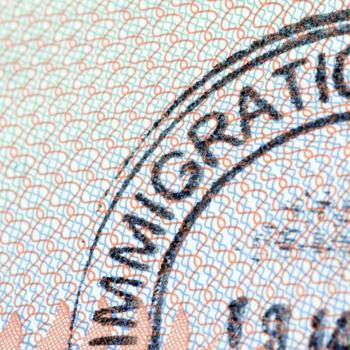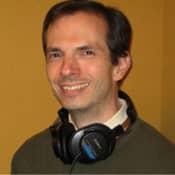Rosario also attributes her survival to the many people who prayed for her. When word that she had been shot spread to her family and co-workers in the immediate aftermath, prayer requests started going up on blogs and Facebook statuses. "To learn how many people were praying for me has been incredible," she said.
Rosario's recovery has been slow and, at times, very painful. The one burden she doesn't carry, however, is unforgiveness toward the woman who shot her. Rosario explained, "I knew I didn't ever want to live the way I lived before. I didn't want to live shackled. I wanted the freedom of forgiveness. But it's so emotionally hard going into the courtroom and facing her every time I've had to testify. But I pray for her every single day. In December at one of the hearings . . . I looked at her and told her that I've forgiven her and that I pray she might come to know the incredible love, mercy and forgiveness of our Lord Jesus Christ."
Rosario's example is one that each of us—myself included—should take to heart. Too many times, we find Jesus' command to pray for our enemies a nice concept for other people to follow when they hurt us, but difficult to follow ourselves. We can nurse grudges and bitterness, letting them fester until their roots grow deep. When we die, however, we need to remember that every space in our heart that is taken up by hatred leaves less room for God's love. And since heaven is the fullest experience of God's love we can ever know, it would make sense that we make as much room for it as possible.
Though it wasn't always easy, Rosario learned that with forgiveness comes freedom. Let's open ourselves to that same kind of freedom.
To listen to the complete two-part interview with Rosario Rodriguez, visit Christopher Closeup.





